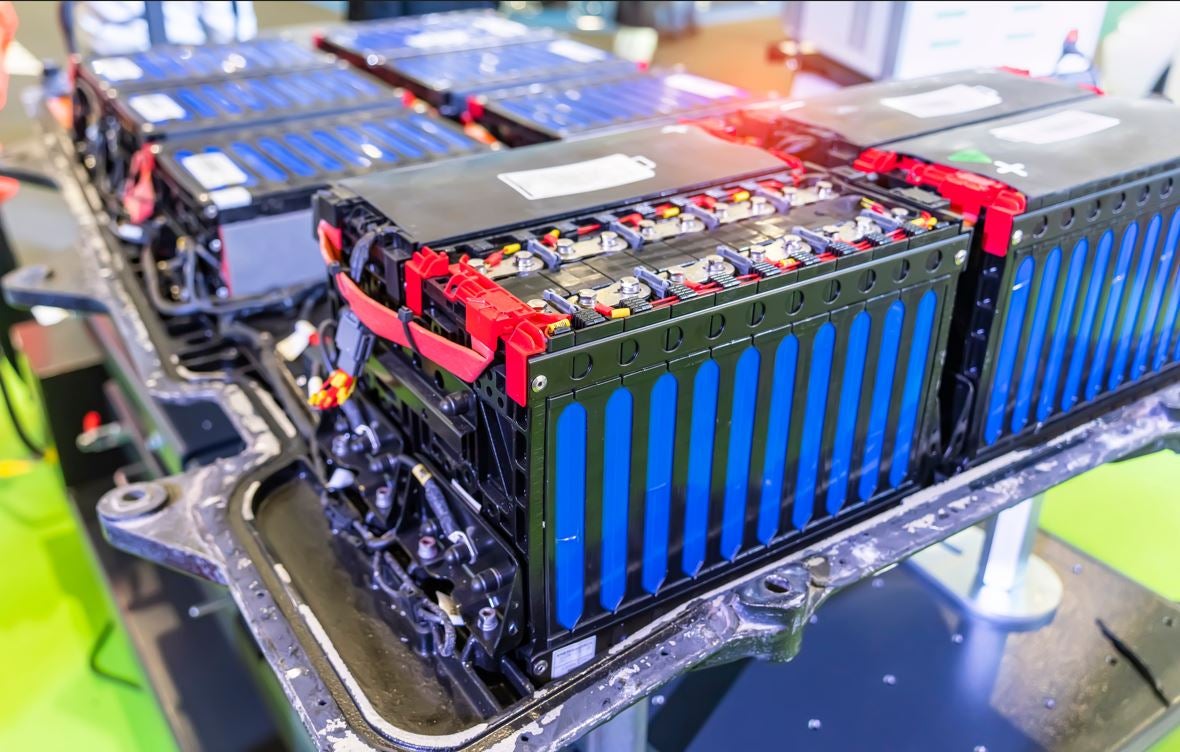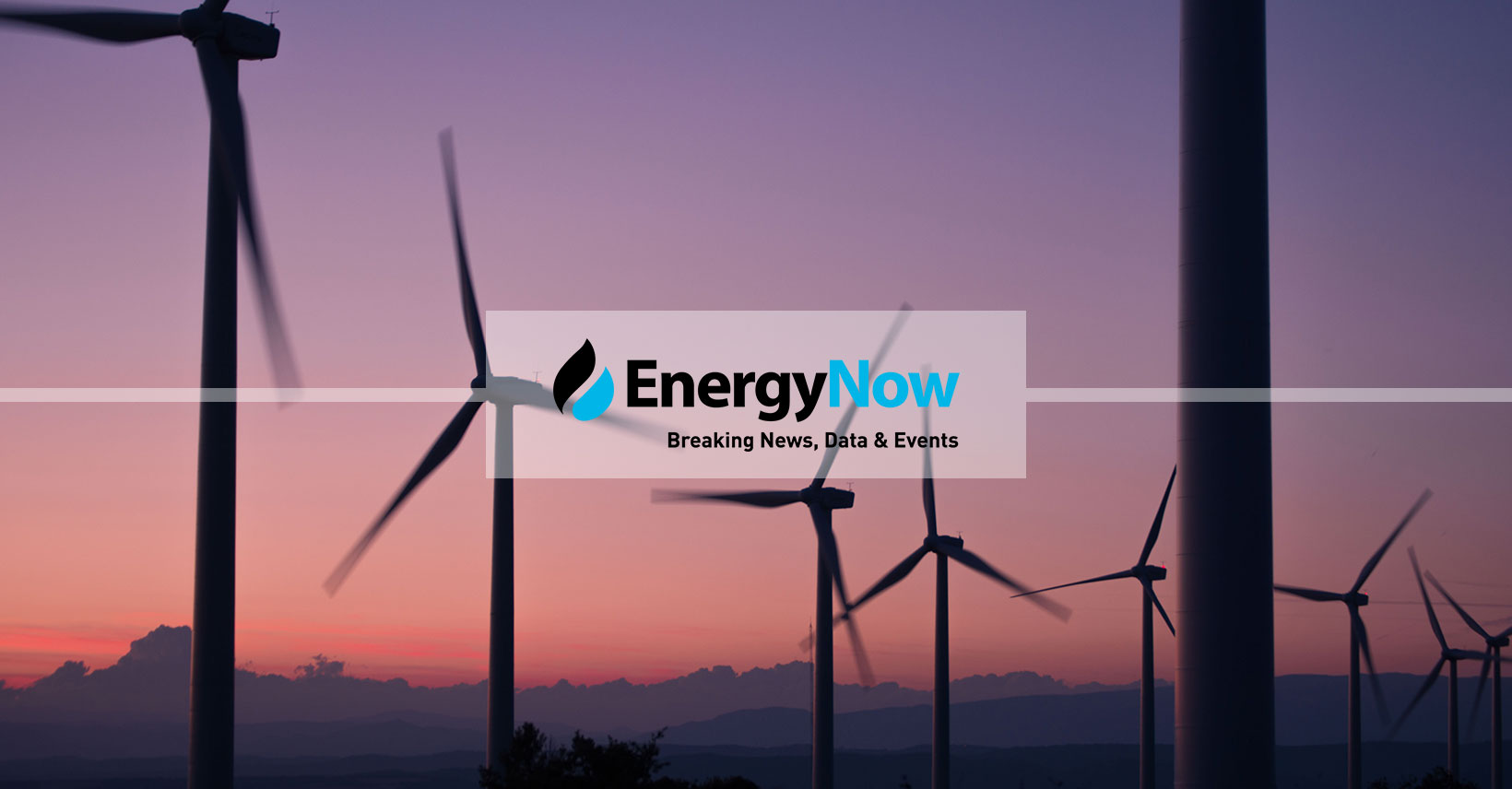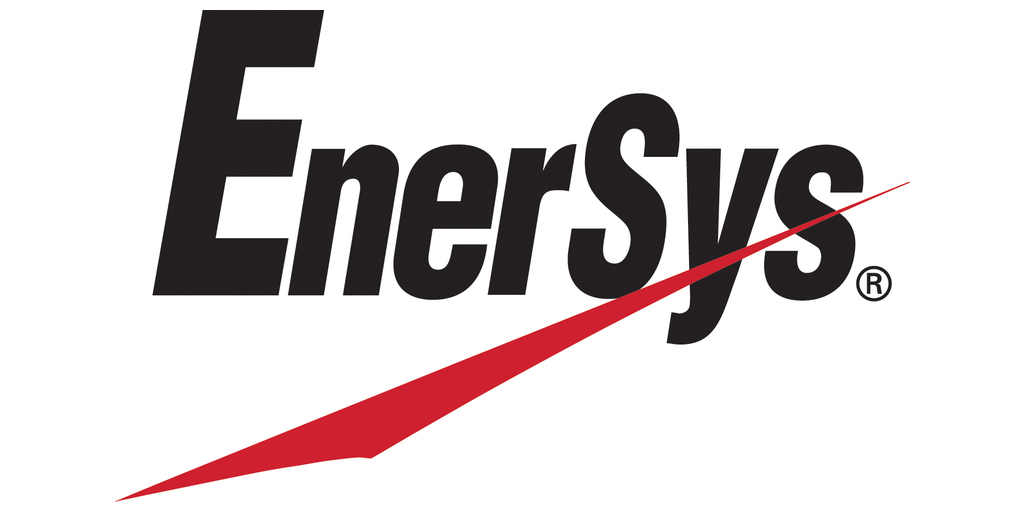
The Singapore-based Abaxx Commodities Exchange has said it plans to launch the world’s first nickel sulphate futures contract.
The nickel sulphate futures contract will allow for the provision of the critical mineral directly from seller to buyer, without the need to send the mineral through a network of warehouses for storage.
While there are existing futures exchanges trading in nickel, such as the London Metal Exchange, these only trade in Class 1 refined nickel, most commonly in stainless steel, as opposed to nickel sulphate, which is vital in electric vehicle (EV) batteries.
Abaxx explained the reasoning behind the need for a nickel sulphate futures contract, explaining: “Supplying the nickel sulphate necessary to meet [global] demand is expected to require high levels of investment, thus creating a unique opportunity for a well-functioning futures market, critical to discovering and hedging the price risk associated with these investments and unlocking the capital required.”
Abaxx created the nickel sulphate futures contract in collaboration with 21 companies across a range of industries.
The exchange explained that the process of bilateral discussions for the contract involved “two major global auto manufacturers, two global mining companies, six merchant trading firms, two EV battery manufacturers, three nickel sulphate producers and four bank/broker trading firms”.
Abaxx strategy and development president Dan McElduff told Reuters: “It’s unquestionable that this market needs more and better price discovery and the best way to do that is with a physically settled futures contract.
“Our focus in starting was to not battle out with big exchange groups in their core products but to focus on emerging markets and we classify nickel sulphate as an emerging market.”
As global demand for nickel sulphate is set to grow by 22% annually between 2020 and 2030, the nickel sulphate futures contract will aim to ensure access to EV battery metals for producers. In addition, 40% of nickel demand by 2030 will be for use as battery components, doubling the current total.
Throughout 2023, battery producers have scrambled to secure long-term offtake contracts for battery metals to pre-empt the global rise in supply driven by the energy transition.



